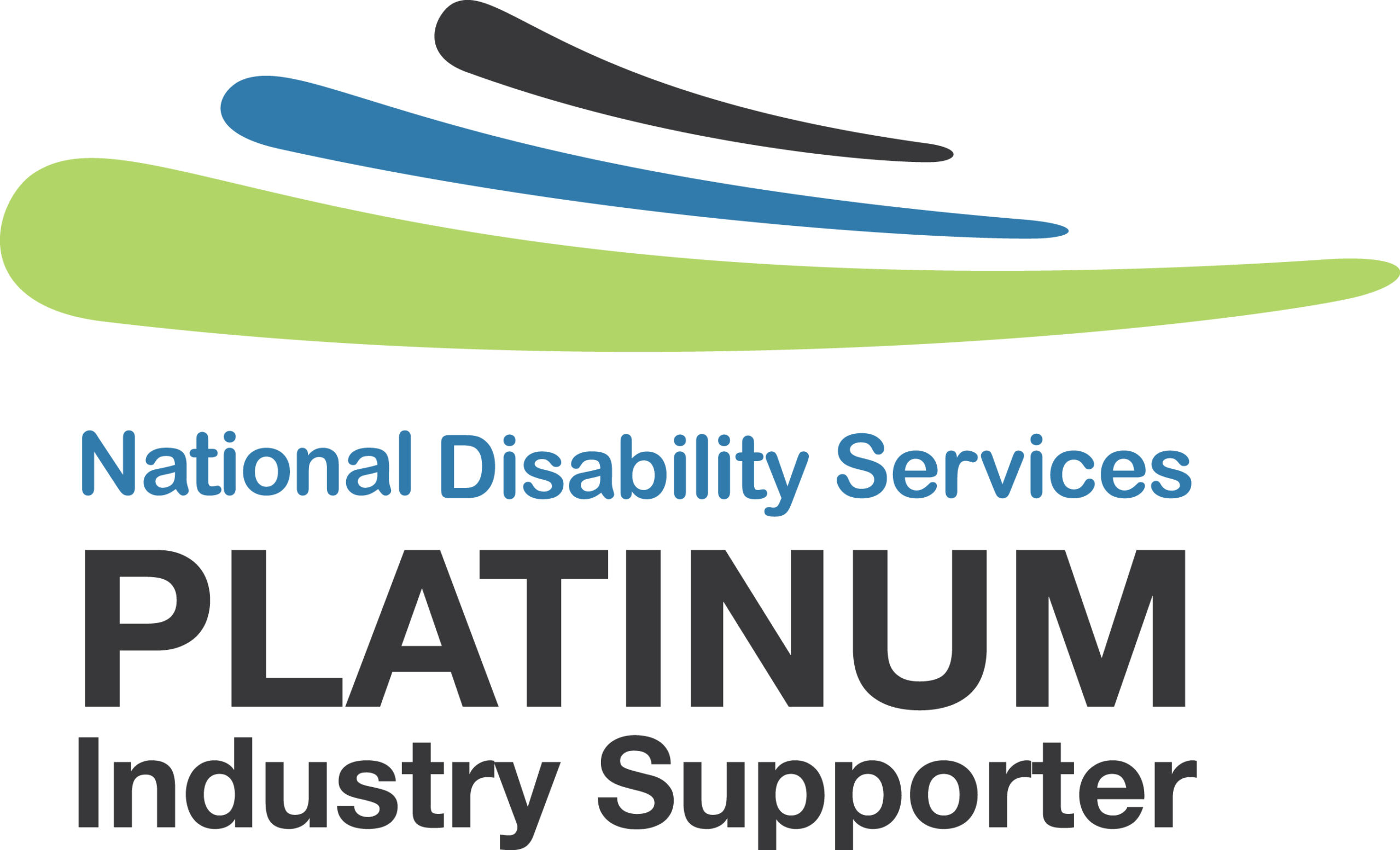Before the NDIS, the disability sector was inequitable and inflexible, with people with disability either left without funding or forced to choose one provider over another. Thankfully, the architects of the NDIS recognised this and introduced the tenets of choice and control so that people with disability could take the reins both in policy and practice. Things got better, a little easier–and that should be where the lesson ends.
Like many, however, I’m concerned that the NDIS is returning to a new age of inequity and inflexibility. I’d wager most people would say it’s a result of the Federal Government insisting that the scheme’s growth be curbed, with price decreases in the latest PAPL and the introduction of funding periods to slow spending. But I believe it’s the tiny, stealthy policy decisions, which inadvertently move the scheme away from choice and control, that herald the bad old days.
In July of this year, the NDIA’s Digital Partnership Office (DPO) released a document that states service providers will no longer have visibility over participant budgets, even when a participant gives their consent. The NDIA evidently believes that either providers can’t be trusted or participants are incapable of deciding for themselves if consent should be given. Whichever it is, the sentiment is the same: participants don’t have the right to choose nor control how their data is accessed.
At this point, I need to confess that, as well as working as a content specialist in the NDIS, I am also a NDIS participant. But if anything, this gives me the right to say, unequivocally: such a decision wreaks of infantilisation. The NDIA is choosing to take my choice away from me. Frankly, I want my providers to have access to my budget data, so they can better support me and I can realise the goals outlined in my NDIS plan.
Let me provide the reason. In 2024, I broke my leg while overseas and was medically repatriated. While recuperating, I required two support workers for transfers from my bed to my powerchair, a small detail that meant I was overutilising my plan, albeit for valid reasons. The only issue is that I wasn’t aware, being in a fair amount of distress because of a broken leg. But thankfully, a provider–who had access to my data, with consent–identified the overutilisation and supported me in maximising the remaining funds within my plan.
If this provider hadn’t identified this issue, if I hadn’t given them consent to access my budget, if I hadn’t been afforded the choice to do so, I’d be much worse off. Simple as that. But because I was an NDIS participant who had choice and control, I was able to avoid a disaster. This is what the NDIS should be about: a trusting, respectful relationship between a participant and providers, thinking outside the box to ensure appropriate support is given.
These decisions, such as the one made by DPO, might seem inconsequential, but by their very nature, they’re removing choice and control from participants. They could argue that they’re doing it because a few providers are abusing the system, but the knee-jerk reaction merely hurts the many, including participants like myself. We’re far smarter, far more innovative as a society than to impose a black-and-white rule. We can do better.
At some point, the NDIA has to begin trusting that the majority of participants abide by the NDIA Act, grateful for the opportunities that it affords them, and it has to reinstate choice and control as the scheme’s central tenets. If it can’t do that, and continues taking a participant’s choice away–even when consent is given–it might as well be for nought.
























